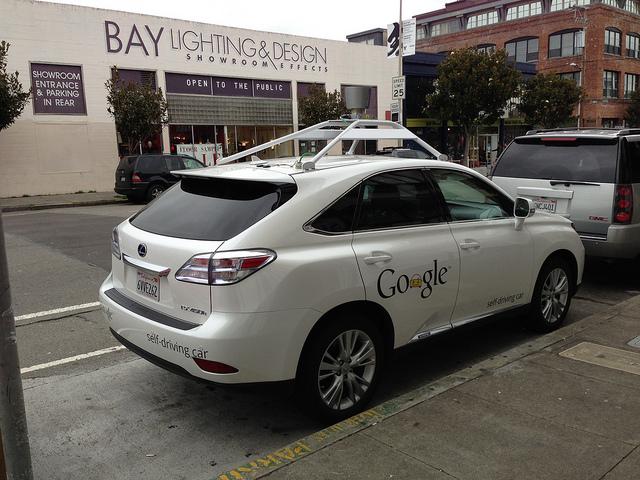Bill Passes To Make It Easier For Self-Driving Cars To Hit The Road
Self-driving cars received a boost from the U.S. House as it passed legislation to speed up deployment and limits safety regulations from state to state. It provides equal competition across the country and could be a path toward safer driving.
Updated May 13 2019, 5:26 p.m. ET
The U.S. House passed a bill on Wednesday to speed up the process of self-driving car deployment. In order to help boost the advancement of autonomy, new legislation reveals that up to 100,000 of these vehicles wouldn’t be subject to current safety standards in the next few years. This means that ultimately, the federal government would have final say over state regulations.
According to the bill, the National Highway Traffic Safety Administration (NHTSA) would be in charge of regulating autonomous vehicles and would overrule state laws. These laws would be developed within a year and up to 50,000 vehicles would be exempt from current safety rules. That number would double in two years.
No, self-driving cars wouldn’t be running around our cities with no restrictions. Vehicles still need to adhere to at least the current standards, but this would create more equality when it comes to testing autonomy across the country.
As of now, many states have a different set of rules when it comes to testing these vehicles out. Their ability to regulate drivers remains unchanged, and they still have the power to decide if the autonomous car can hit the road.
"Self-driving vehicle technology holds great promise to improve safety and transform mobility in the United States,” the Alliance of Automobile Manufacturers said in a statement about the vote. "Automakers have been developing these technologies for years and this legislation helps address a variety of barriers that otherwise block the ability to safely test and deploy these vehicle technologies.”
Commercial vehicles, such as buses and semis, would not be part of the new set of rules. This is largely due to labor unions successfully lobbying against it, as they don’t want truck drivers losing jobs over automation. Passenger and lightweight vehicles all qualify for the new legislation.
Perhaps the biggest advantage with self-driving vehicles is the ability to cut back fatal crashes on the road. The NHTSA notes that 94 percent of these accidents happen thanks to human error. In an effort to curb cyberattacks, automobile manufacturers would be required to develop safety plans to help protect autonomous cars from getting hijacked and to prevent personal information from being taken.
While the bill was passed unanimously, there are still some opponents that worry about the future. Some would like to see NHTSA develop a set of rules before a bill like this goes into effect. Others believe that allowing this many self-driving vehicles on the road without specific safety regulations would be dangerous.
Whether we like to admit it or not, many of us have been behind the wheel when we’re simply too tired, there’s more focus on the conversation with passengers, or we don’t know where to go in an unfamiliar area. Having autonomy in our vehicles will not only fix those basic errors, but it would make a safer environment for everybody on the road. Giving the ability to test these vehicles out equally throughout the nation would likely make the technology grow faster, as well.

